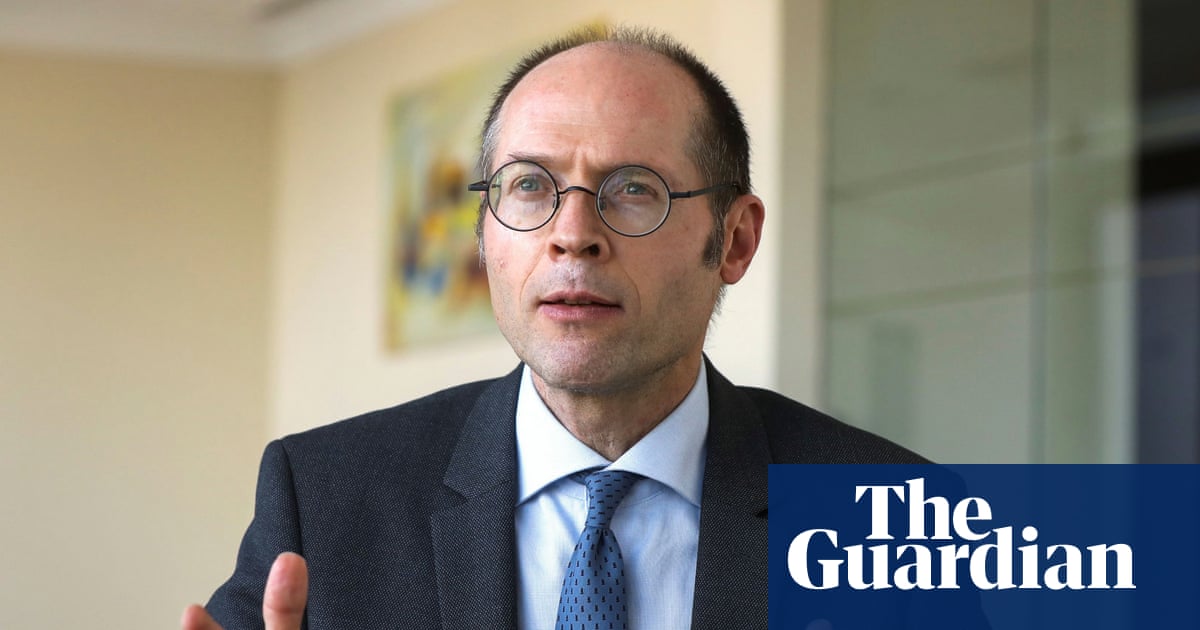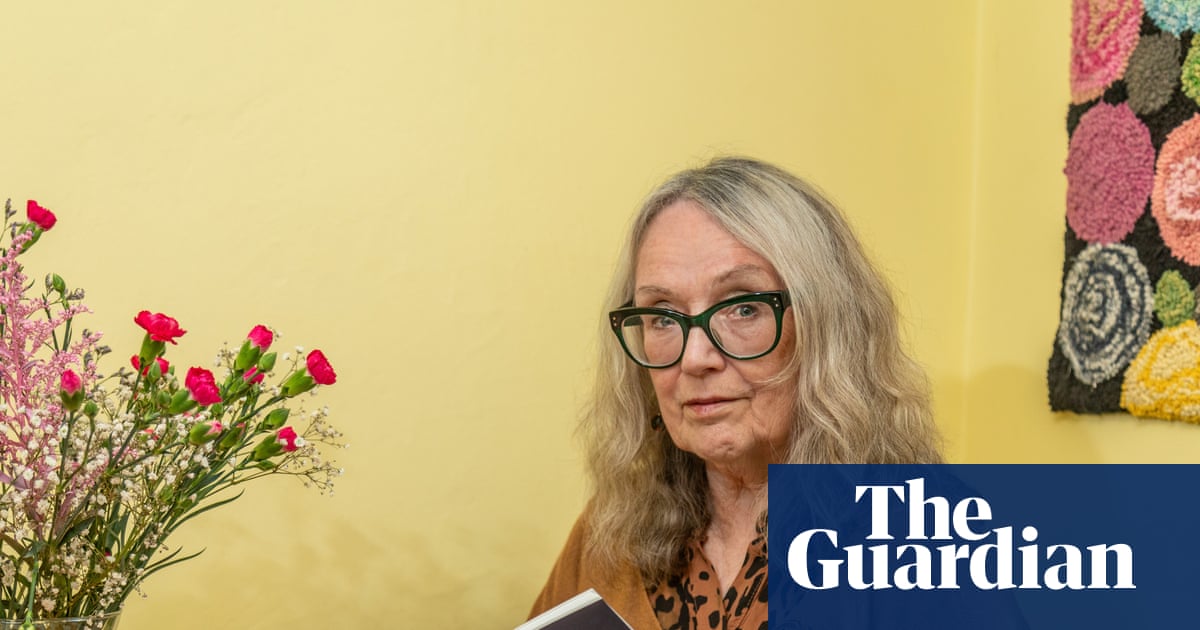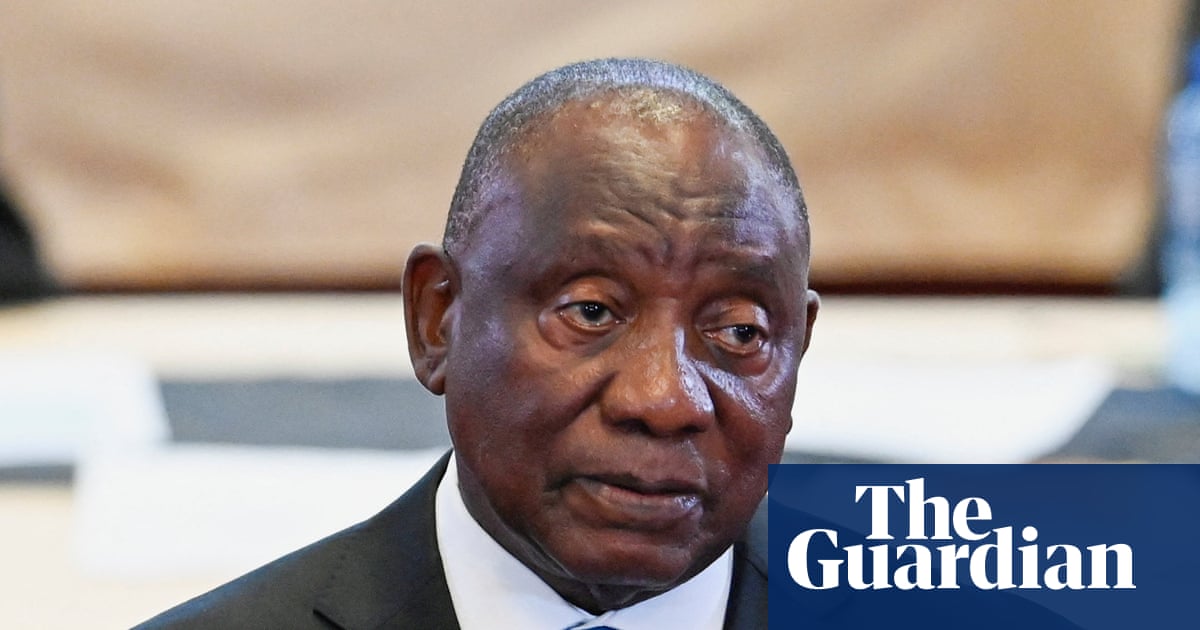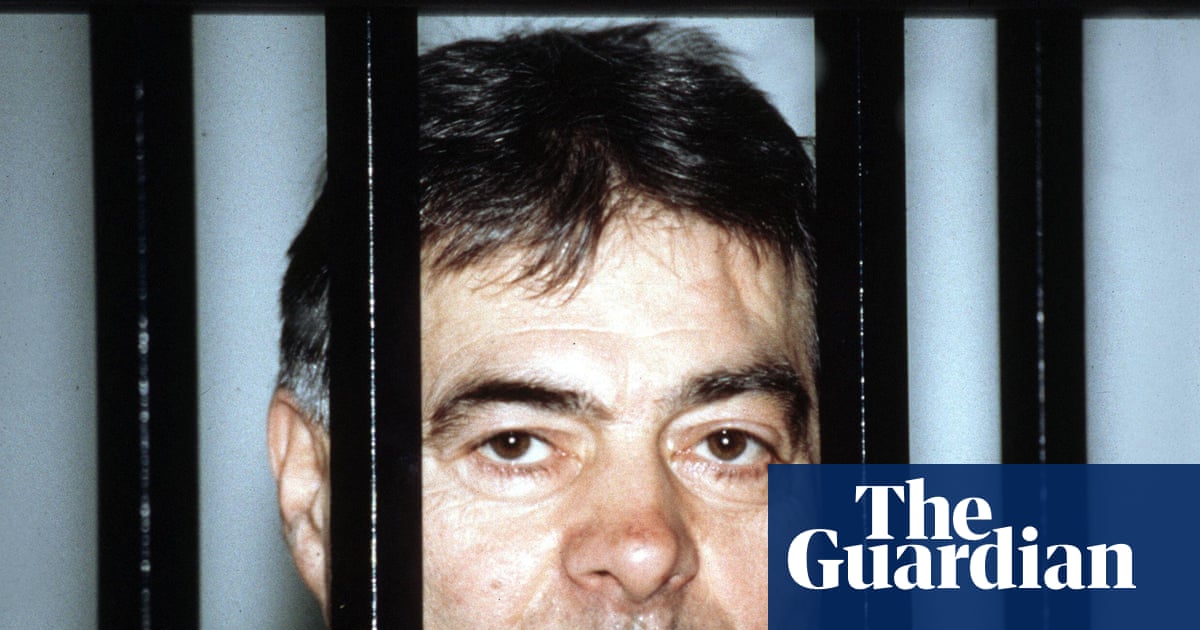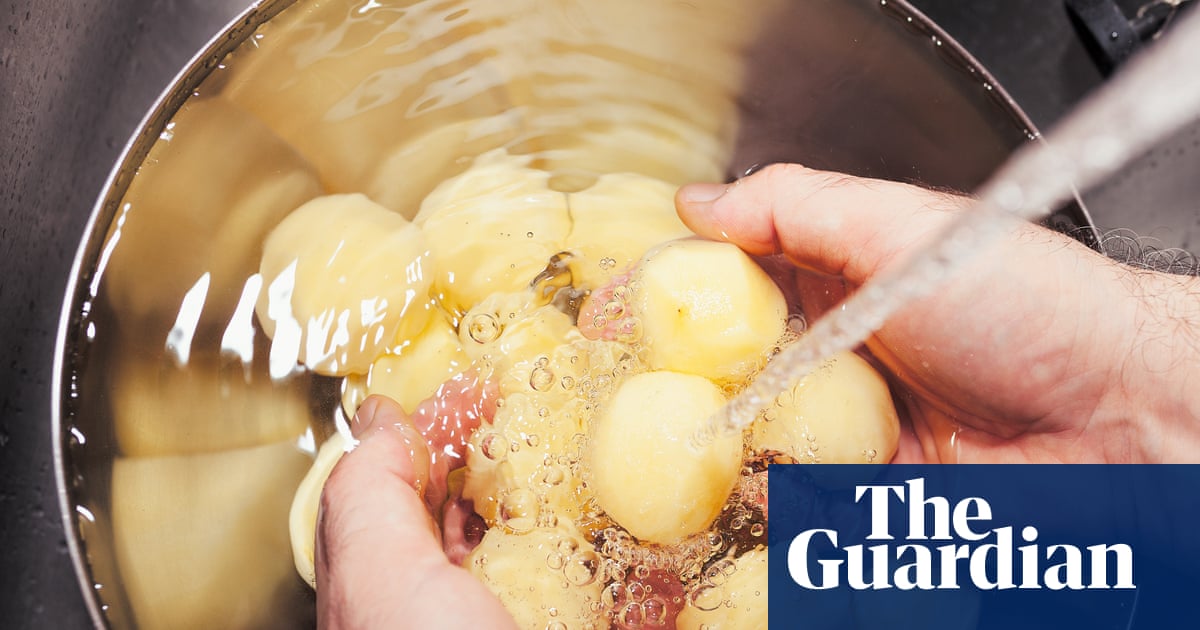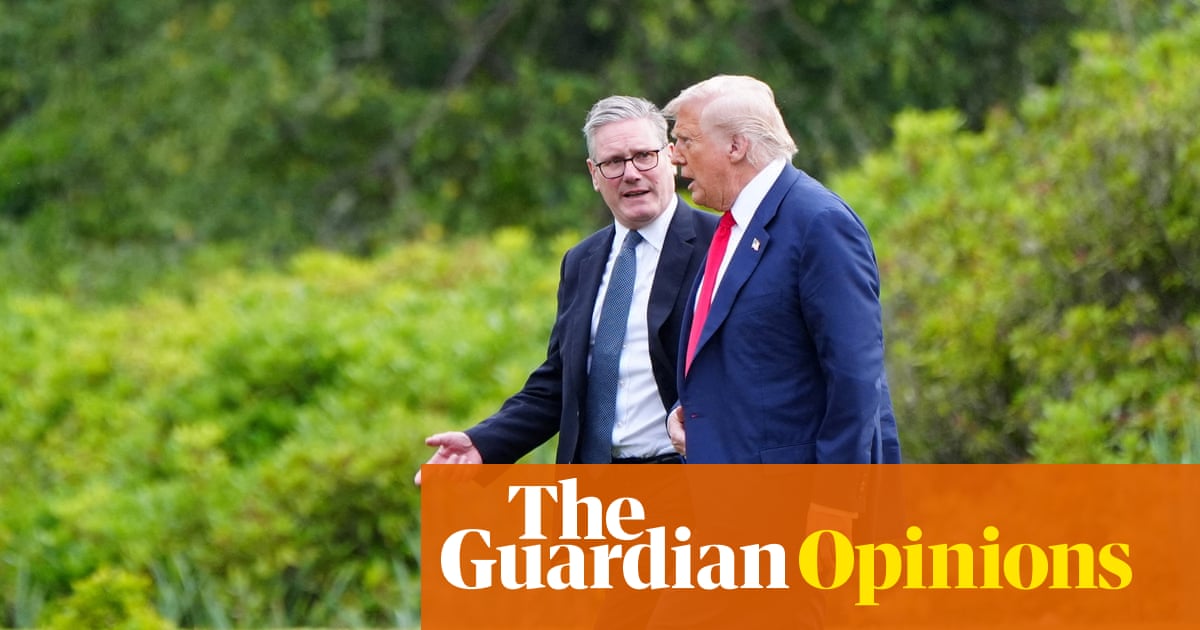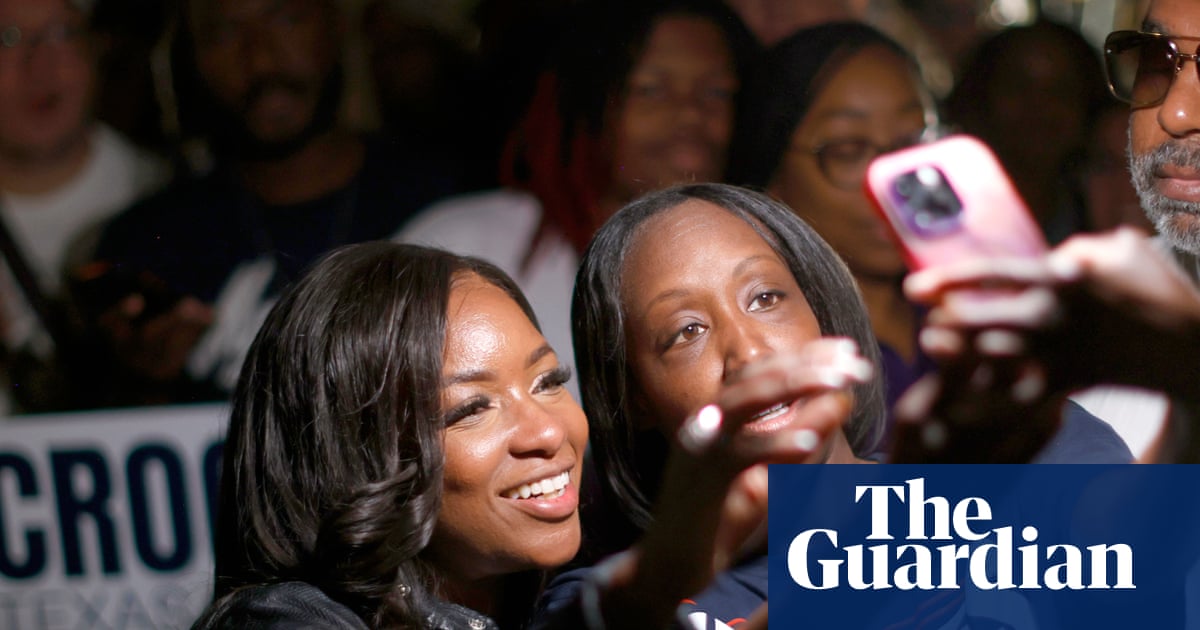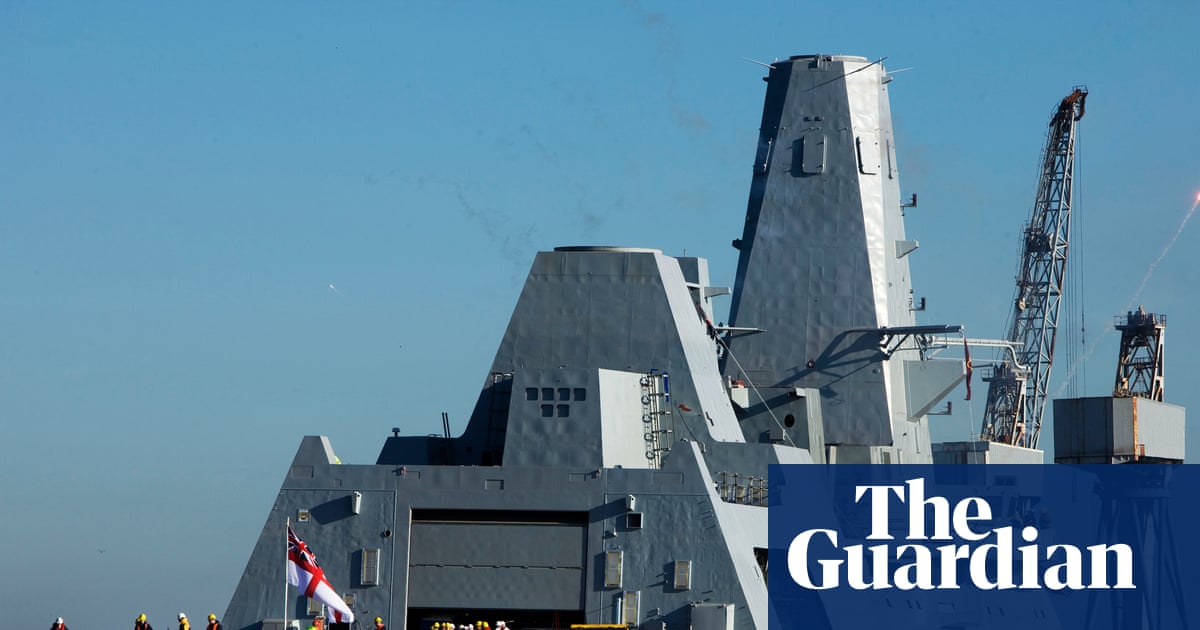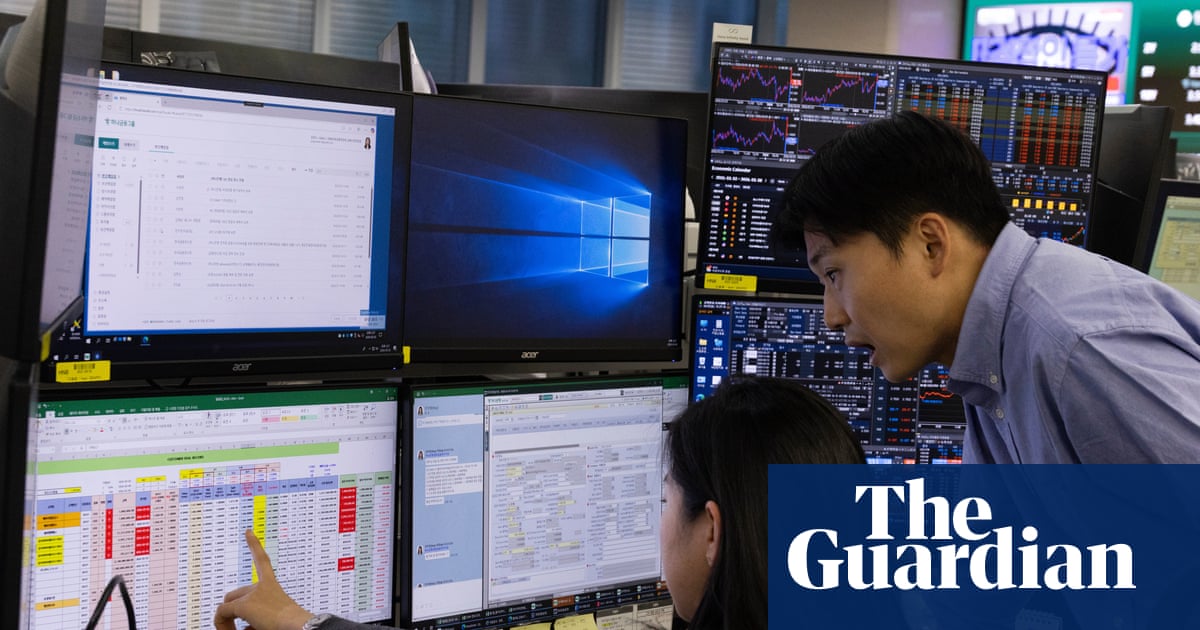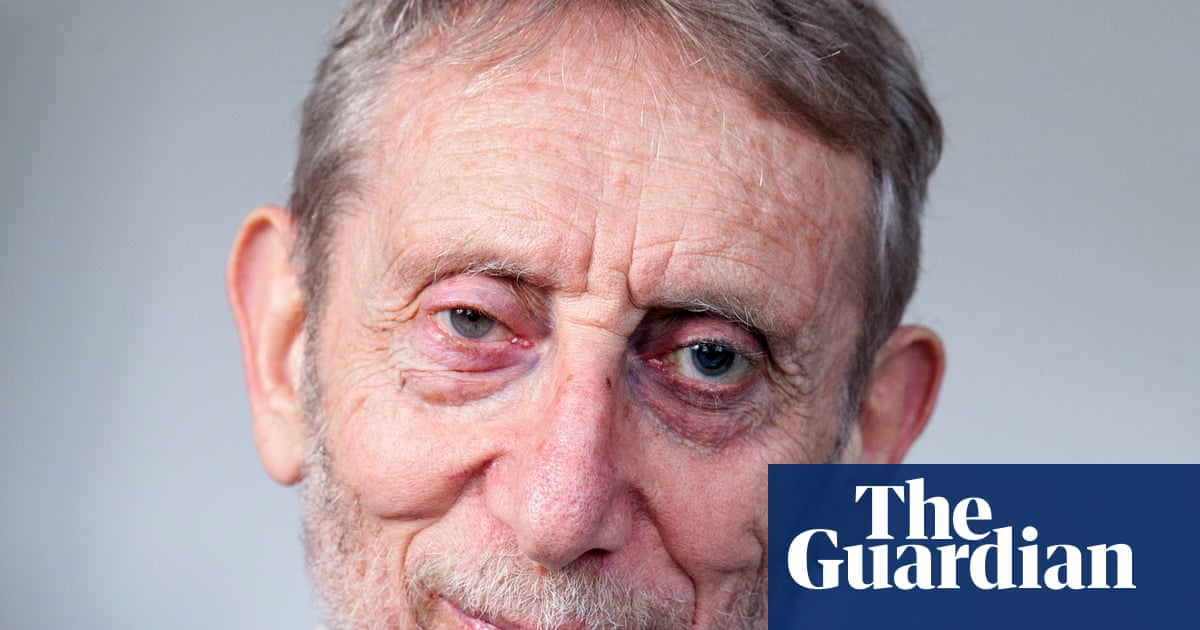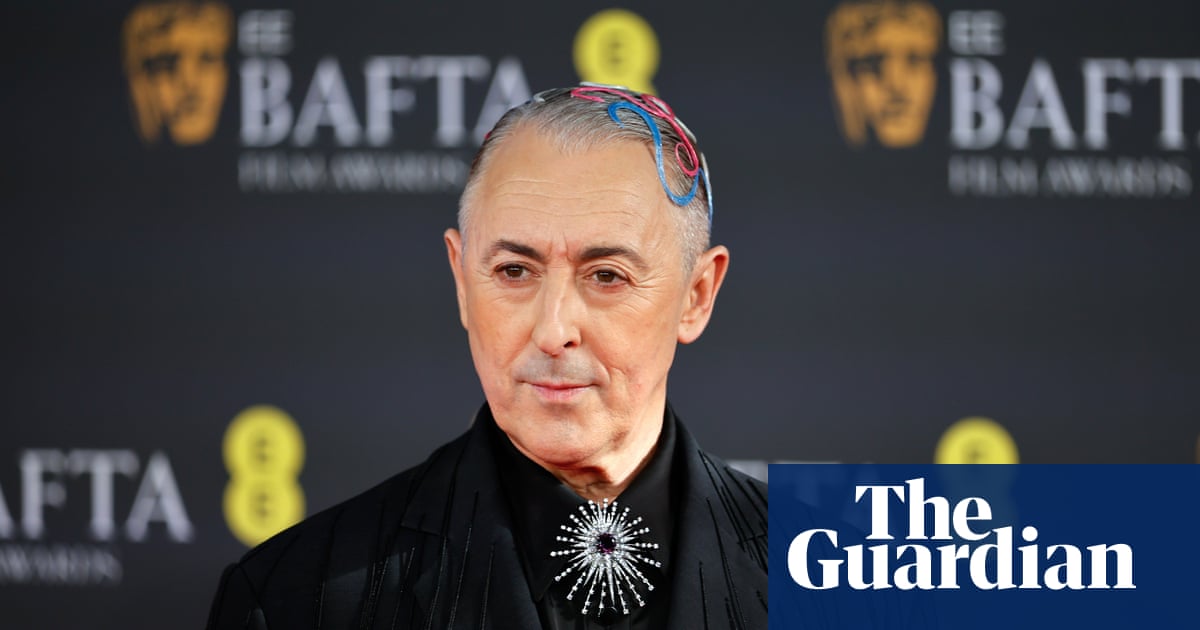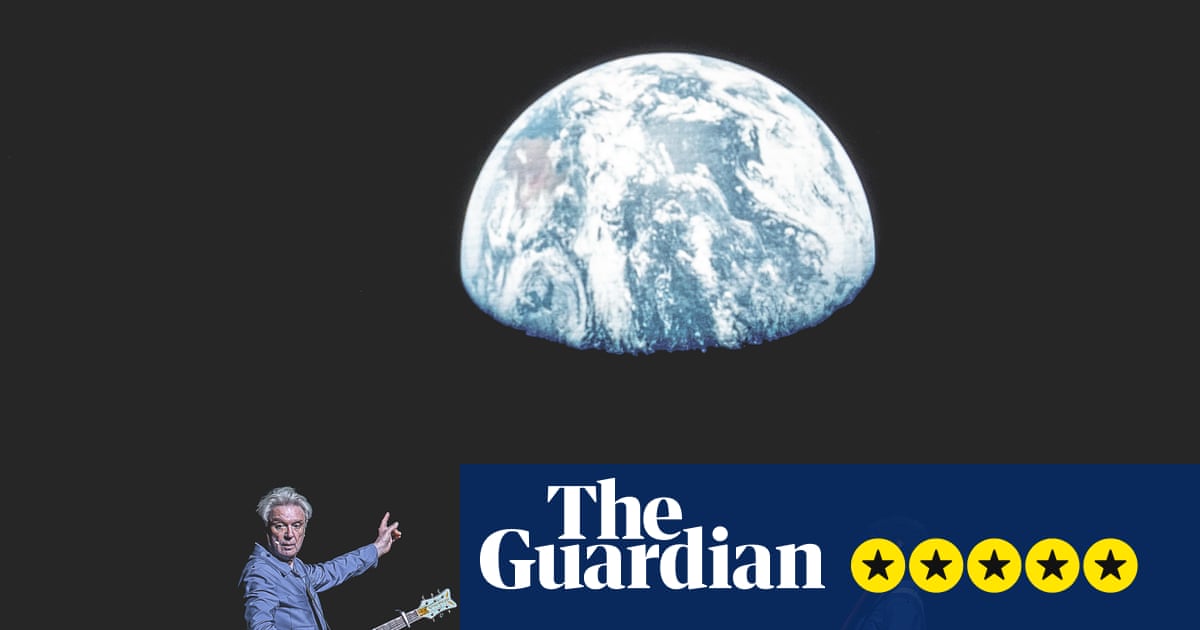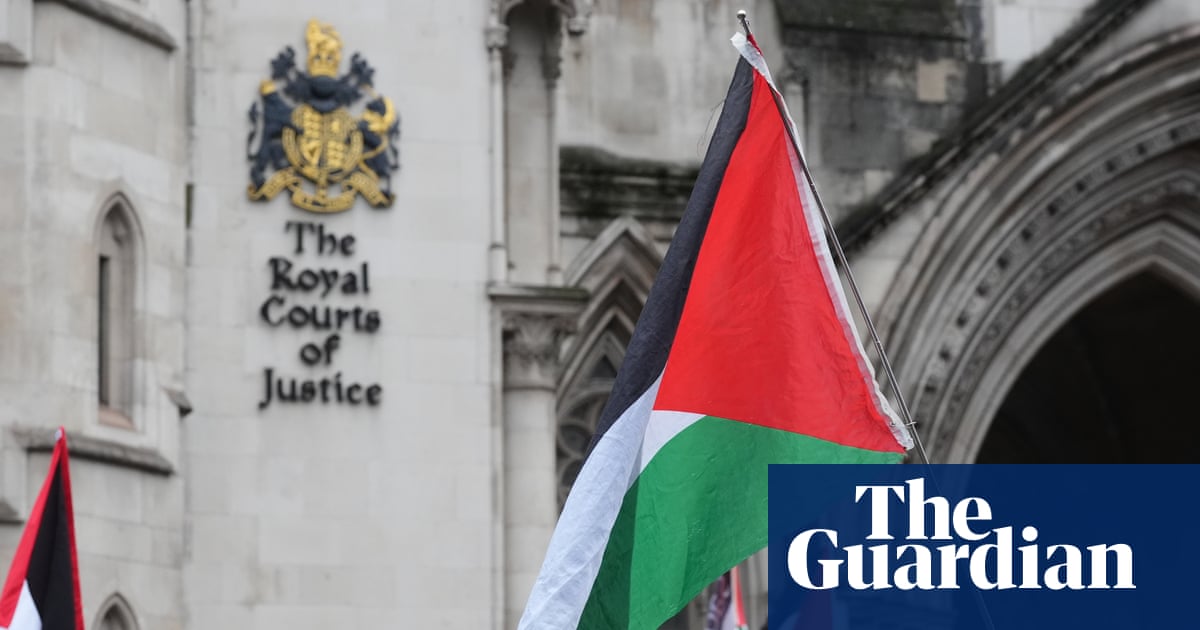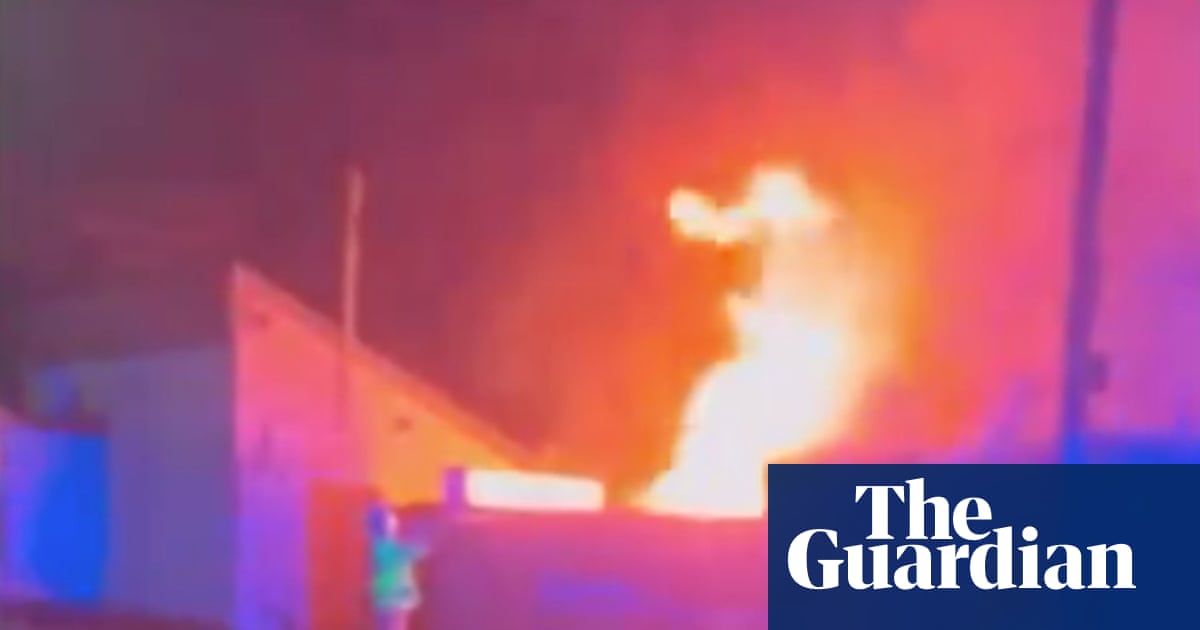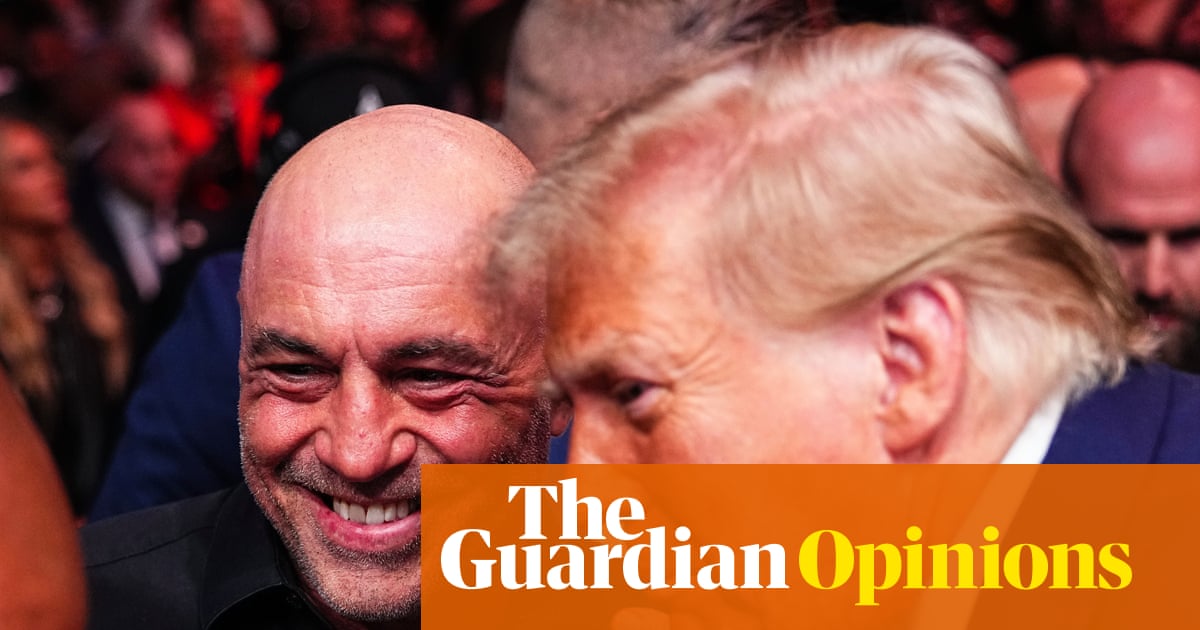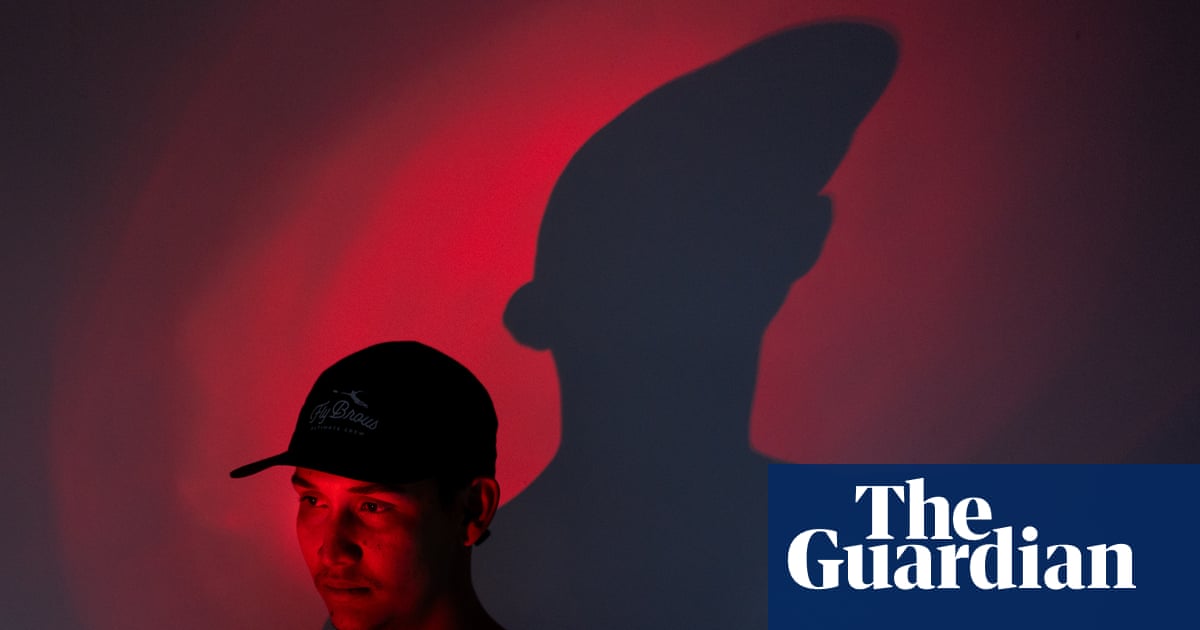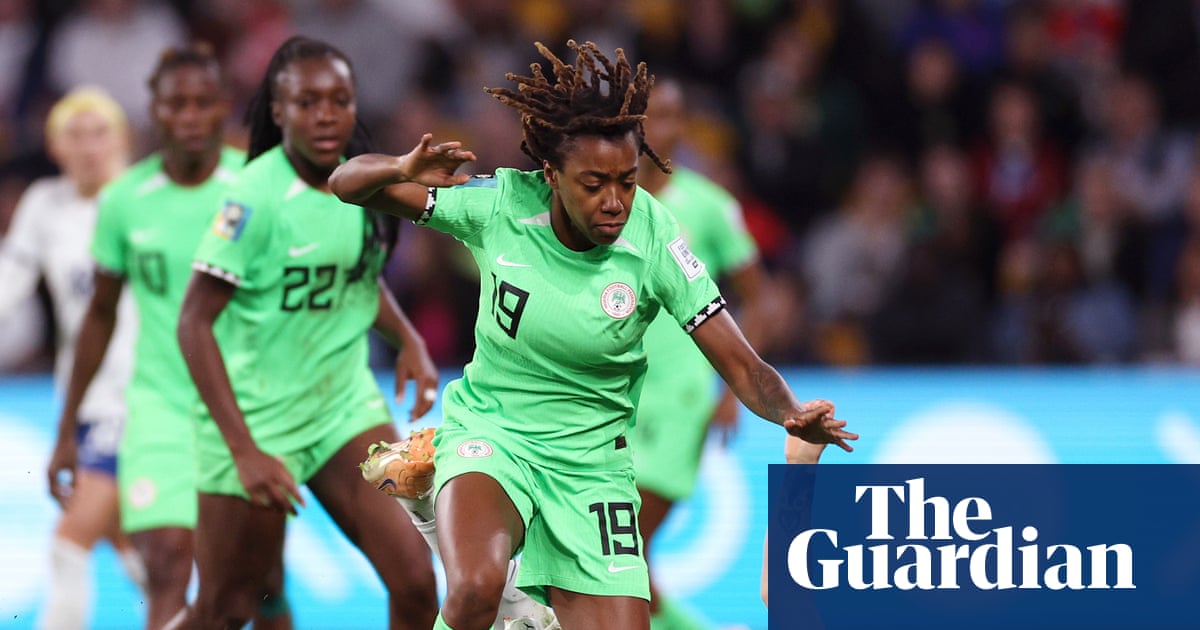Why do some 0% alcohol drinks cost as much as booze? Some of the fake spirits in my local supermarket cost more than £25 a bottle!
It doesn’t seem to make any sense, does it? Alcohol attracts tax and soft drinks do not, so why do some of the options on the no/low shelf have such big price tags? When browsing the drinks menu at a London venue recently, I saw a sparkling non-alcoholic wine costing £85 – enough to make me wonder if there’s a fake-champagne bubble.
The drinks being offered as booze substitutes fall into two categories: those that are low or 0% versions of established alcohol brands, and those developed separately. Often the latter come from small manufacturers that specialise in alternative adult-targeted drinks.
Research for Sheffield Addictions Research Group (Sarg) – a group of public health experts based at the University of Sheffield – has looked at the price of alcoholic drinks compared with the price of no- and low-alcohol alternatives, focusing on the first category (ie established brands).
The group published a report featuring figures from across 2023; the time lag isn’t ideal, but it gives us a sense of the market. It showed the average price paid for a litre of no/lo beer was 5% higher than standard beer in supermarkets and off-licences and 25% higher in pubs and restaurants. No/lo cider was 10% more expensive than standard cider in the off-trade and 9% more expensive in the on-trade. 0% wine was cheaper everywhere, while for spirits prices were lower in supermarkets but higher in pubs.
While there are lots of cheaper alternatives to alcoholic drinks, and the figures above don’t tell the whole story, Prof John Holmes, director of Sarg, says pricing matters. Alcohol causes most harm among more deprived groups and they may miss out on the benefits of 0% drinks.
“If no/lo products are only taken up and used by people in higher socioeconomic groups, then those people might enjoy better health outcomes,” he says. “It’s widening the health inequalities already associated with alcohol.”
Sarg’s focus groups have found many think 0% drinks are poor value for money. “When people buy alcohol they feel they’re buying more than a drink – maybe they think they’re buying intoxication, or they just know they have to pay tax, so they expect the price to be higher,” Holmes says.
But he says the pricing picture is complex, with the report’s headline figures skewed by what’s on the market. “The industry seems to have made a deliberate decision that the no/lo drinks are versions of the premium products,” he says. “They seem to have made a choice not to associate alcohol-free beer with the cheaper brands.”
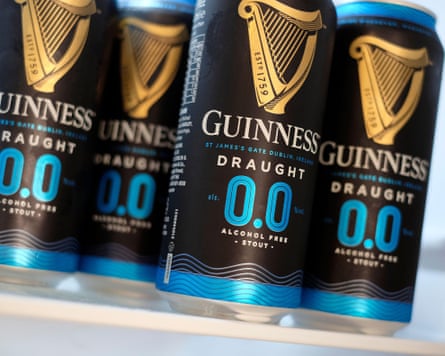
This may be because early iterations of booze-free booze were pretty bad. “If you want to reform a product’s reputation, you want to launch a premium version,” he says. Quoted costs are also affected by the range of sizes on offer – bigger multipacks tend to be available of standard beers and ciders.
Holmes says comparing like with like typically reveals the price of the alcohol-free drink is cheaper. But this is not always the case: often retailers’ deals tip the balance so it’s cheaper to buy booze.
Recently, Corona’s website highlighted two offers at Amazon: one for Corona Cero, its 0% brand, and one for pale lager Corona Extra. At that point Corona Cero was more expensive.
When I asked Corona, it provided data showing that between 1 January and 23 August this year the 0% product was cheaper on average. The figures, from Nielsen, put a litre of Corona Extra at £4.38 when bought in a four-pack of 330ml bottles and Corona Cero at £3.33, which is 24% less. For a 12-pack, Corona Extra cost an average of £2.92 and Corona Cero 16% less at £2.46.
The difference is not as much as the duty – on a 330ml bottle of 4.5% ABV beer the duty is about 32p. For a four-pack that adds up to £1.28 and for a 12-pack it’s £3.84. Zero-alcohol drinks, of course, are exempt from this duty.
The same is true on Guinness 0.0 – one of the most popular alcohol-free versions of a mainstream beer. The average price of a four-pack of Guinness Draught is £5.98, while the average price of the non-alcoholic version is £5.43 – a difference of 55p, while the duty would add up to £1.57.
A spokesperson for Guinness’s maker, Diageo, says the price reflects years of research and development, quality control and “the production process, which is not only more complex but more expansive than regular Guinness”. I asked if they meant expensive rather than expansive. They said no. It seems they were hinting at a longer process that involves brewing Guinness, then removing the alcohol.
The length of the production process is also cited as a factor in the price by the makers of the new breed of alcohol-like alternatives. Pentire’s distilled drinks – designed to be served with mixers – are typically £28 for a 70cl bottle, while Botivo, which styles itself as a “big-sipping botanical aperitivo”, costs £27.50 for 50cl. That’s a long way from a bottle of lime cordial and more expensive than some brands of gin, despite the lack of tax.
The makers say the main cost of the drink is not duty but how it is made. Rhiannon Williams, head of marketing at Pentire, says the drinks are made using distilled fresh coastal botanicals. “Unlike soft drinks, which are often made from concentrates or cordials, we work with whole plants and run small-batch distillations to capture delicate, natural flavours. This process is time-intensive and requires specialist equipment and expertise, much like traditional spirit-making,” she says.
The creators of Botivo say it takes a year to make. Imme Ermgassen, Pentire’s co-founder, adds that the price cannot be compared with the same sized bottle of gin. “Most non-alcoholic spirits are 10–13 serves per 750ml, whereas Botivo is highly concentrated, delivering around 20 serves per bottle,” she says. She adds the drink is “not about mimicking alcohol, but about creating a category in its own right”.

 3 months ago
107
3 months ago
107

